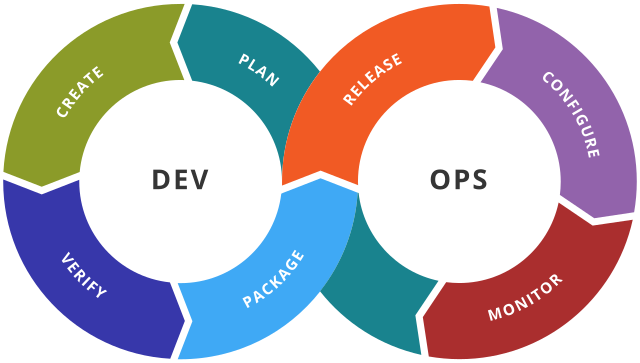Comprehensive DevOps outsourcing solutions
If you have any questions you can always contact our support team which are available 24/7 and will reply asap.

Whether you are planning to embrace DevOps for the first time or scale it across your enterprise, our full suite of DevOps services can help you choose the right strategy, tools, and skills to drive greater adoption.
Methodologies, Tools and Solutions
DevOps Implementation Methodology
We Provide END-TO-END DevOps Services, we adopt a collaborative approach to tackle organizational challenges. Our commitment to client success is realized through continuous planning, continuous integration, and continuous delivery practices.
Frequently Asked Questions
DevOps, short for development and operations, is a methodology that integrates development, quality assurance, and operations into a unified and continuous workflow. This approach is a natural extension of Agile and continuous delivery methodologies.
DevOps utilizes a range of tools, including Docker, Jenkins, Splunk, Nagios, Bamboo, ELK Stack, Kubernetes, Selenium, Git, Puppet, and Chef.
Product development with improved agility and faster time-to-market.
Transition from siloed culture to a more collaborative, team-based approach.
Faster releases, enhanced agility, quality improvements, and personalized builds result in quicker customer assistance.
Operational efficiency facilitates faster scalability.
Remote control of automation systems reduces outages and eliminates product recalls.
Direct access to a pool of experts.
Flexibility to choose resources based on specific requirements and budget.
Shorter development cycles due to the efficient delivery of quality.
Cost-effective and efficient service delivery.
Still Have Questions?
If you can’t find an answer to your question in the FAQ’s below, you can always contact us and we’ll respond asap.













